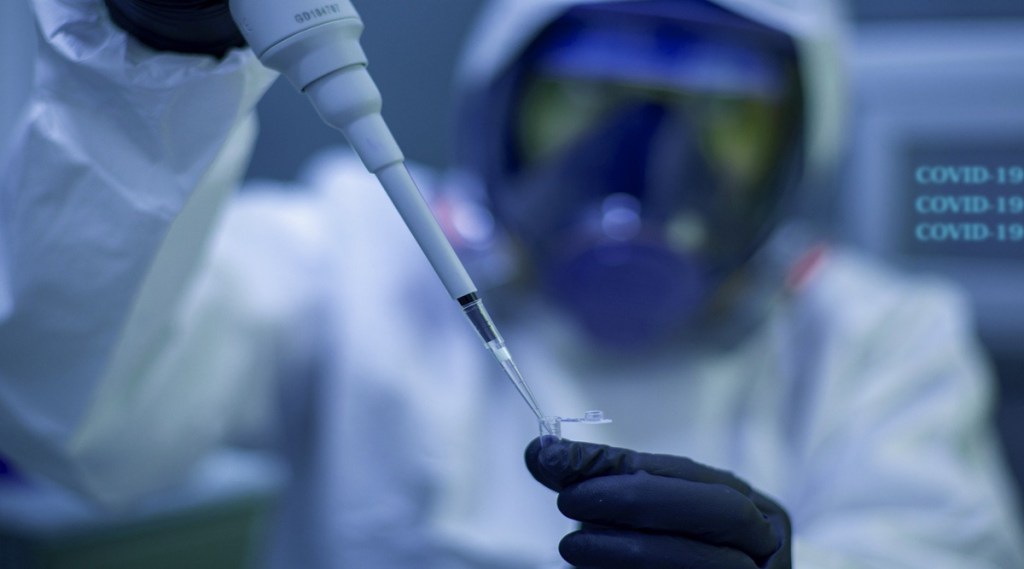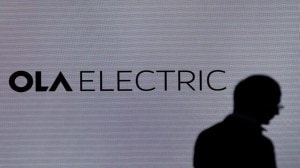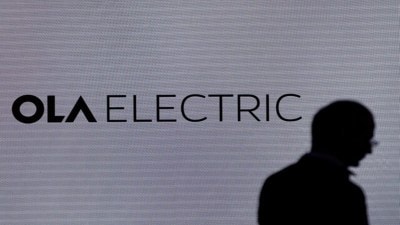Roche Diagnostics India announced the launch of the Elecsys HCV Duo which is India’s first commercially available fully automated immunoassay that allows simultaneous and independent determination of the hepatitis C virus (HCV) antigen and antibody status from a single human plasma or serum sample.
This means that the test can be used to detect the early stage of infection, as well as when the patient is recovering from the virus, or even during chronic infection. Viral hepatitis is increasingly being recognized as a public health problem in India.
As per the National Viral Hepatitis Control Program (NVHCP), Anti-Hepatitis C virus (HCV) antibody prevalence in the general population of India is estimated to be between 0.09-15%. There are about 12-13 million HCV carriers and modeling data predict that the disease burden could soon increase substantially. The paradox is that only 19% of those living with HCV chronic infection know their diagnosis and only 30% of those diagnosed get started on treatment. Those with early onset of the disease are unaware of their medical condition. Hence, there is a major gap in the diagnosis and treatment.
Moreover, acute hepatitis C is often asymptomatic and antibodies are often absent in the early infection phase, appearing only after 6-13 weeks(diagnostic window period).
2-3 Strategies relying on HCV antibody tests as the first line diagnostic test thus, may lead to underdiagnosis in populations with ongoing transmission. Detection of HCV core antigen is thus a means to shorten the diagnostic window period and confirm active infection.
By utilizing the dual detection of HCV core antigen and antibodies, the Elecsys HCV Duo assay enables significantly earlier (~3 weeks earlier)diagnosis of active hepatitis C virus infection compared to using antibody-only tests, as core antigen appears early in the course of infection and is a marker of ongoing viral replication.
With improved hepatitis screening, India has the opportunity to reduce the burden of the disease through improved prevention, testing and treatment services.
“I am extremely happy to share that the launch of this innovative dual antigen and antibody diagnostic test underlines Roche’s commitment in reducing the impact of infectious diseases, where it’s needed most. The adoption of the Elecsys HCV Duo for patients will result in the reduction of the number of visits needed to take additional tests and can alleviate some of the testing load on the healthcare system, as Elecsys HCV Duo offers single specimen testing and simplifies the diagnostic algorithm which plays a crucial role in preventing patient’s loss to follow up and enabling linkage to care,” says, Dr Sandeep Sewlikar, Head of Scientific and Medical Affair, Roche Diagnostics India.
In 2018, European Association for Study of Liver (EASL) also recommended the HCV Core Antigen test as marker of HCV replication to diagnose acute and chronic HCV infection.
“Roche Diagnostics India has gathered feedback from experts including laboratory experts, hepatologist and microbiologist on the novel immunoassay who are of the opinion that this assay can be instrumental in meeting the WHO elimination goal of reducing HCV infections by 90% and reduce deaths by 65% by 2030”, Dr Sewlikar further explained.
Adding to this Dr. Nilesh Shah, President and Chief of Science & Innovation, Metropolis Healthcare Ltd. said, “Hepatitis C is an inflammatory liver disease caused by infection with HCV which leads to chronic disease and is the most common cause of liver cirrhosis, cancer and viral hepatitis-related deaths. While there is no vaccine available for HCV, there is an effective treatment with direct-acting antivirals(DAAs) which has increased cure rates to 98%. But in order to improve disease management and increase cure rate, the first line of action should be timely detection. Therefore, the need of the hour is to increase screening for HCV through effective diagnostic tools and we are happy that Roche Diagnostics has taken this lead in providing solutions that matter.”
Elecsys HCV Duo assay is available for use on the cobas- e402 (cobas pure system) and cobas e801 (cobas 8000 and pro system) analytical units, the company announced.









